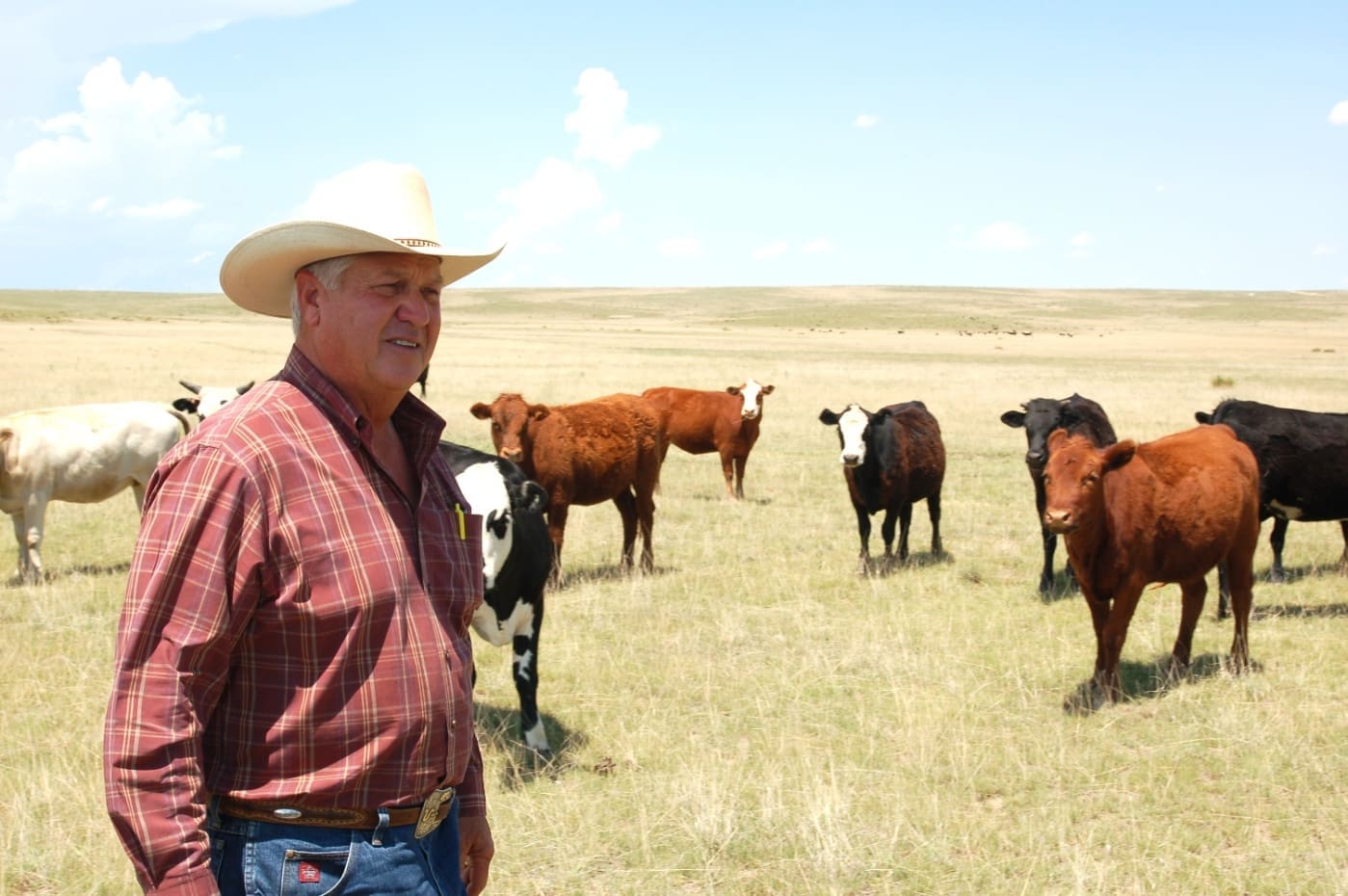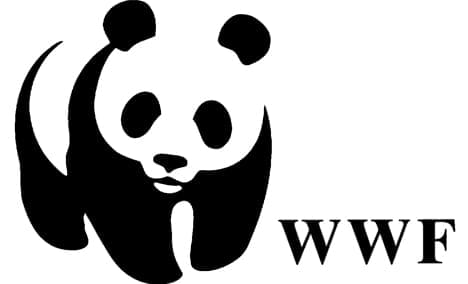THREE of the largest red meat value-chain stakeholders in North America have joined forces with the World Wildlife Fund in a new sustainability initiative.
Walmart, the largest supermarket chain in North America, has linked with major US meat processor Cargill and burger restaurant giant McDonald’s to launch a grazing initiative that aims to “make lasting improvements to the grasslands of the Northern Great Plains.”
 The program is designed to help scale-up sustainable cattle grazing and connect ranchers across the US states of Montana, Nebraska and South Dakota to help preserve grasslands, improve soil health, support biodiversity and improve both producer and climate change resilience, a joint statement said.
The program is designed to help scale-up sustainable cattle grazing and connect ranchers across the US states of Montana, Nebraska and South Dakota to help preserve grasslands, improve soil health, support biodiversity and improve both producer and climate change resilience, a joint statement said.
“Cross-industry collaboration is crucial to meeting the global demand for protein while also addressing the urgency of climate change and nature loss,” the statement said.
Walmart, Cargill and McDonald’s will invest more than US$6 million in the initiative, led by the WWF.
Known as the Ranch Systems and Viability Planning network, the program will support ranchers across the region with technical expertise, training and tools to help advance grazing practices that improve the health of the land.
“By improving management of one million acres over five years and avoiding conversion, this effort will result in increased carbon storage and sequestration, improved water infiltration and better outcomes for biodiversity,” the statement said.
“Collaborative efforts like this can accelerate innovative, sustainable solutions and support ranchers in the beef supply chain,” said Kathleen McLaughlin chief sustainability officer for Walmart.
“Sustainable grazing practices that improve soil health, absorb carbon and reduce water consumption can help to protect the land and people who depend on it.”
The program supports the Walmart Foundation’s focus to bring more sustainable, regenerative practices to the beef industry. The Foundation says it aims to build connections that can accelerate systems change and form communities of practice with grantees and leaders to share learnings, advance best practices, foster collaboration and scale collective impact.
“Investing in conservation activities in the Northern Great Plains supports the stewards of those lands and contributes to climate resilience efforts,” it said.
 As ranchers continued to adapt their plans to improve conservation and economic outcomes, and share peer-to-peer learning, through the RSVP network, WWF would work with ranchers on private and tribal lands to provide extension services in one-on-one and group workshops, offer ongoing technical expertise and provide cost share and monitoring to help ranchers design, document and implement ranch plans, the statement said.
As ranchers continued to adapt their plans to improve conservation and economic outcomes, and share peer-to-peer learning, through the RSVP network, WWF would work with ranchers on private and tribal lands to provide extension services in one-on-one and group workshops, offer ongoing technical expertise and provide cost share and monitoring to help ranchers design, document and implement ranch plans, the statement said.
“Ranchers are the most important stewards of the grasslands of the Northern Great Plains. As managers of more than 70 percent of the remaining intact grasslands within this region, they hold the keys to its future,” said Martha Kauffman, managing director of WWF’s Northern Great Plains program.
“The RSVP network will support ranching partners in planning and improving the resiliency of their operations, so they continue to provide habitat for wildlife, store carbon, filter clean water, produce nutritious food and support communities for generations to come.”
McDonald’s objectives
The partnership also supported McDonald’s ambition to use its scale and many relationships from the farm to the restaurant to “help significantly reduce greenhouse gas emissions and evolve the food system for a resilient and sustainable future.”
“As the first restaurant company in the world to set an approved science-based target on climate action, McDonald’s is partnering across the supply chain to employ a diverse set of strategies, which scale-up action across the industry,” it said.
“These partnerships bring producers, suppliers, NGOs and brands to the table to drive the widespread adoption of more sustainable and regenerative practices that reduce emissions, mitigate climate change and support livelihoods,” said Francesca DeBiase, McDonald’s chief supply chain and sustainability officer.
“This innovative work is an important step toward scaling climate solutions across the supply chain, building resilience and achieving McDonald’s science-based climate target to significantly reduce emissions across our offices, restaurants and supply chain by 2030,” she said.
The project is also part of Cargill’s BeefUp Sustainability initiative, which seeks to reduce greenhouse gas emissions throughout the company’s beef supply chain by 30pc by 2030, measured on a per pound of beef basis against a 2017 baseline.
Earlier this year, Cargill launched two other programs to support this goal, including a grassland restoration effort and an initiative to implement proven soil health practices in cattle feed.
“We believe beef cattle can be a force for good, and one of the ways we can address some of our shared challenges by preserving wildlife and drawing down carbon, said Heather Tansey, sustainability lead for Cargill’s protein and animal nutrition and health businesses.
The Northern Great Plains region, which covers about 25pc of the total area of the Great Plains of North America, remains largely intact, thanks in part to its harsh climate, which has made agricultural expansion relatively difficult until recent decades, the statement said.
Grasslands have evolved to be grazed, and cattle grazing, when managed well, can deliver many conservation benefits, including healthy grasslands, improved soil, and the preservation of key habitats, it said.
